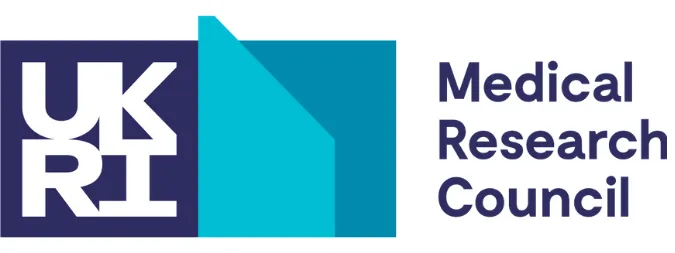Our Group is led by Professor Patricia Barral. We are interested in understanding the cellular mechanisms that initiate and shape immunity in the tissues, particularly focussing on the biology and function of unconventional T cells (NKT cells, MAIT cells) in the context of infection, inflammation and cancer.
Our Partners

Biotechnology and Biological Sciences Research Council

Marie Skłodowska-Curie Actions
Contact us
We are based at King's College London, Guy's Campus, Great Maze Pond, London SE1 9RT and at the Francis Crick Institute, 1 Midland Road, London NW1 1AT.
Bluesky: @barrallab.bsky.social

